Trucking accidents can have devastating consequences, leading to severe injuries, property damage, and even fatalities. Understanding the causes and liability associated with these accidents is crucial for victims seeking justice and compensation. In this blog, we will delve into the key factors contributing to trucking accidents, discuss the legal aspects of liability, and provide valuable insights to help you navigate through the aftermath of such incidents.
Causes of Trucking Accidents:
Driver Fatigue: Long hours on the road often lead to driver fatigue, violating mandated rest breaks, resulting in decreased attentiveness and slower reaction times.
Speeding and Reckless Driving: Pressure to meet tight schedules can lead to speeding and reckless driving behaviors, which increase the likelihood of accidents.
Distracted Driving: Use of cell phones, eating, or other distractions can divert a driver's attention from the road, contributing to accidents.
Improper Loading or Cargo Securement: Incorrectly loaded or unsecured cargo can shift during transit, leading to loss of vehicle control or jackknifing.
Poor Vehicle Maintenance: Inadequate maintenance, such as faulty brakes or tires, can result in mechanical failures contributing to accidents.
Liability in Trucking Accidents:
Driver Liability: The truck driver can be held responsible for accidents resulting from negligence, violations of traffic rules, or driving under the influence.
Employer Liability: Trucking companies can be held liable for accidents caused by drivers within the scope of their employment, especially if they pressured drivers to meet unrealistic schedules or neglected proper training.
Manufacturer or Maintenance Provider Liability: If the accident is due to a defective part or negligent maintenance, the manufacturer or maintenance provider might be held responsible.
Third-Party Liability: In some cases, third parties, such as shippers or loading companies, can be held accountable for improperly loaded or secured cargo that leads to accidents.
Evidence Collection
Collecting evidence after a trucking accident is critical. This includes police reports, eyewitness statements, vehicle maintenance records, driver logs, and any available electronic data from the truck's systems, such as speed or braking information.
Role of Insurance Companies
Insurance companies involved in trucking accidents may vigorously defend their interests, often seeking to minimize payouts. Seeking legal representation is essential to navigate discussions and negotiations with insurance companies.
Securing Legal Representation
Trucking accidents often involve multiple liable parties. Determining the exact cause and degree of fault can be complex due to factors such as driver records, vehicle maintenance history, and varying state and federal trucking regulations. An experienced attorney with expertise in handling trucking accidents can evaluate the specifics of the case, identify liable parties, and pursue fair compensation for the victims. Legal professionals assist in gathering evidence, negotiating with insurance companies, and, if necessary, advocating in court.
Contact Shane Smith Law for Representation
Trucking accidents are complex events that require a comprehensive understanding of the causes, liability, and legal rights of victims. By familiarizing yourself with the topics discussed in this blog, you are better equipped to protect your interests and seek the compensation you deserve.
If you or a loved one has been involved in a trucking accident, don't hesitate to reach out to Shane Smith Law for expert legal guidance and support. Our experienced truck accident attorneys have the skills and resources needed to advocate for your needs and promise to go above and beyond to secure the compensation you deserve.
Call Shane Smith Law now at (980) 246-2656 or request a consultation online.


-copy-8.2311061811550.jpg)

